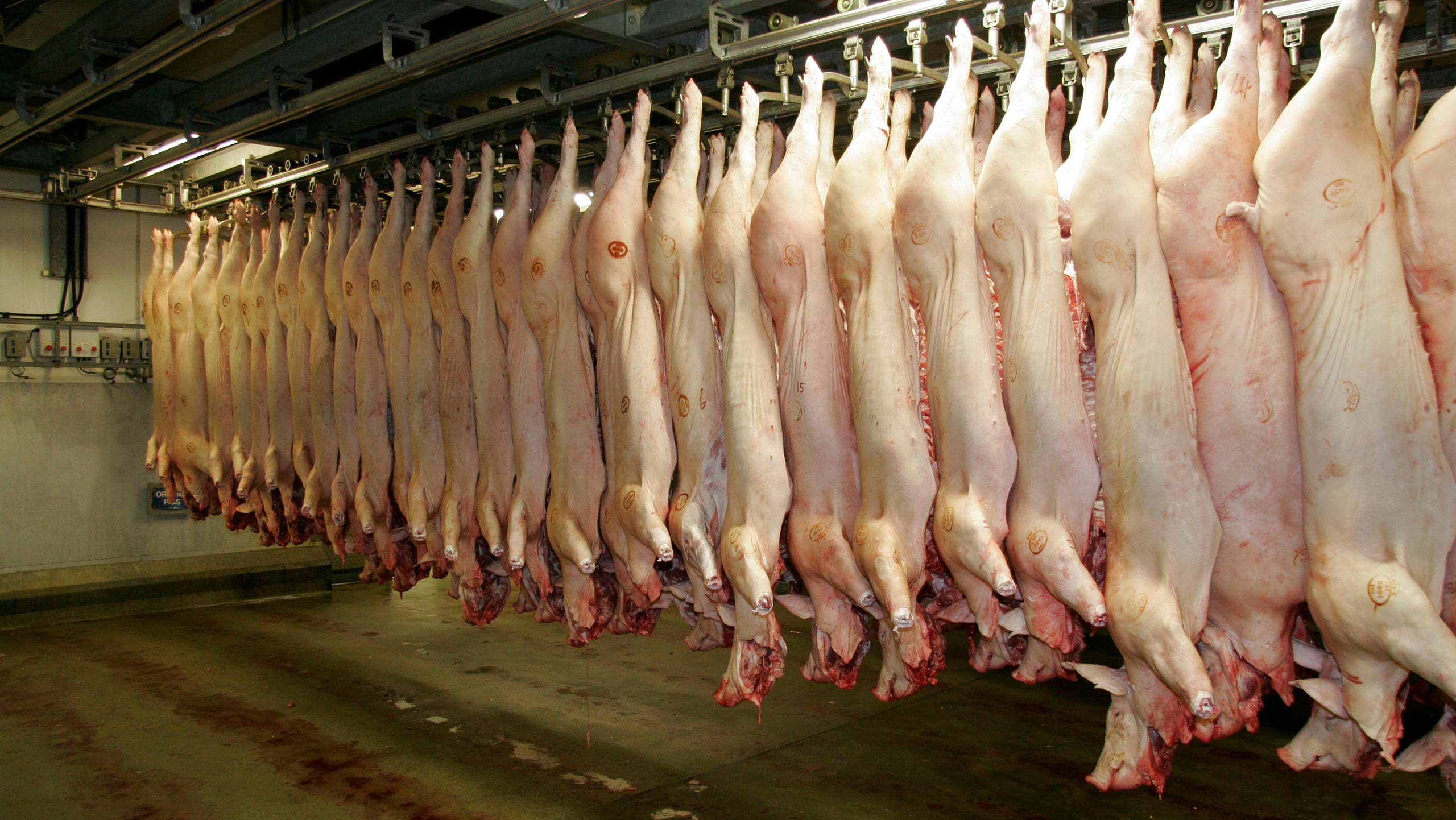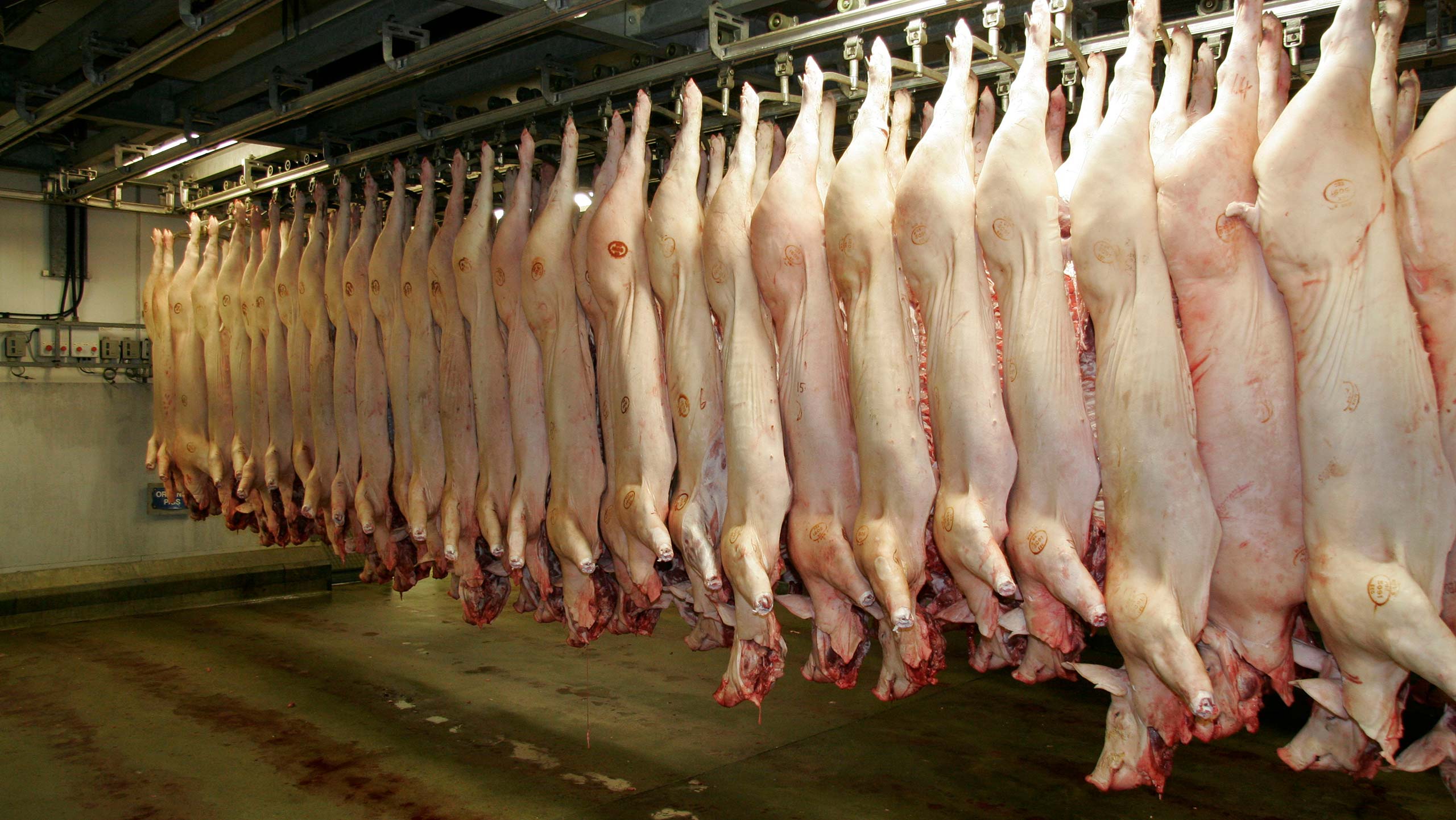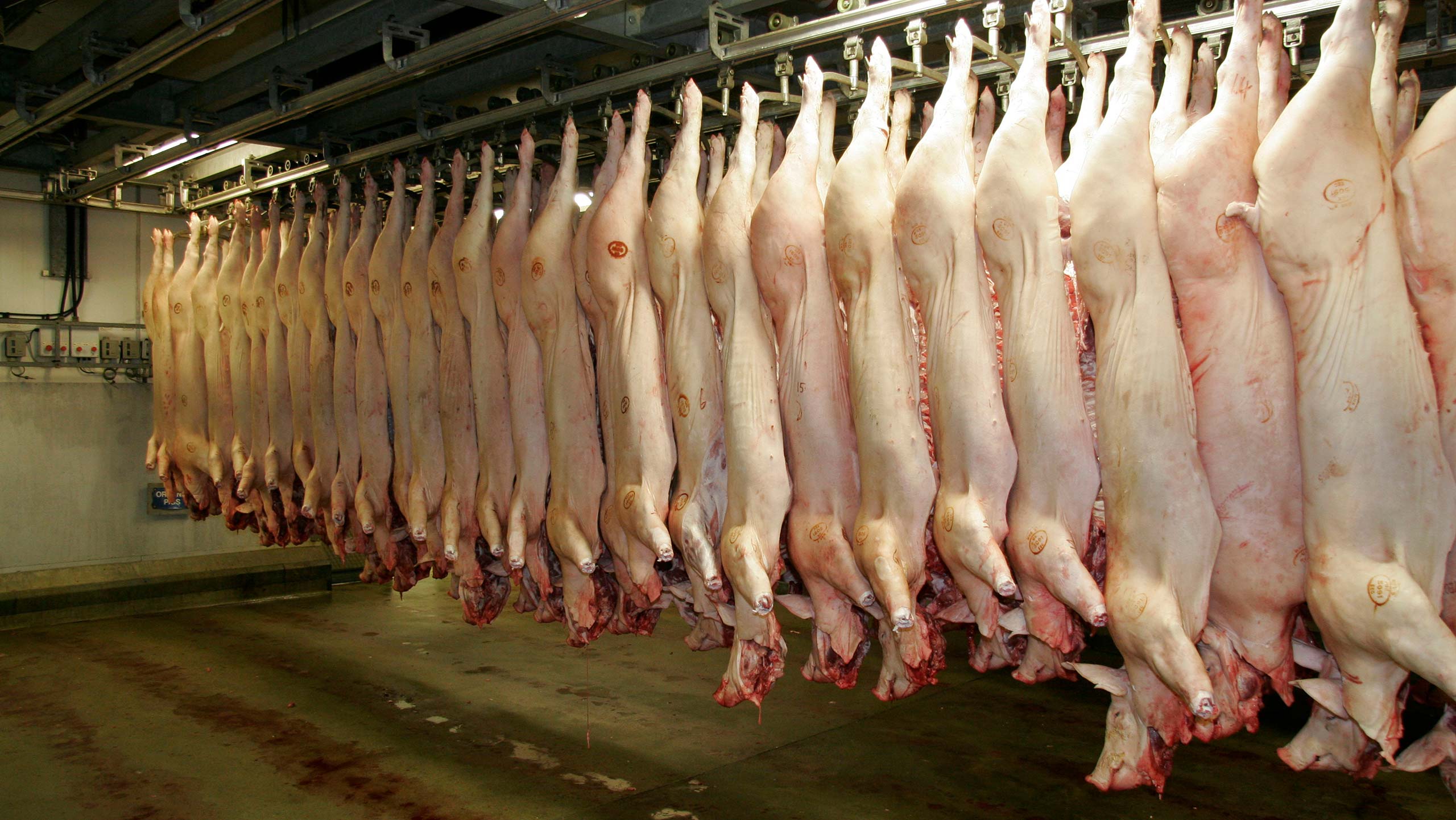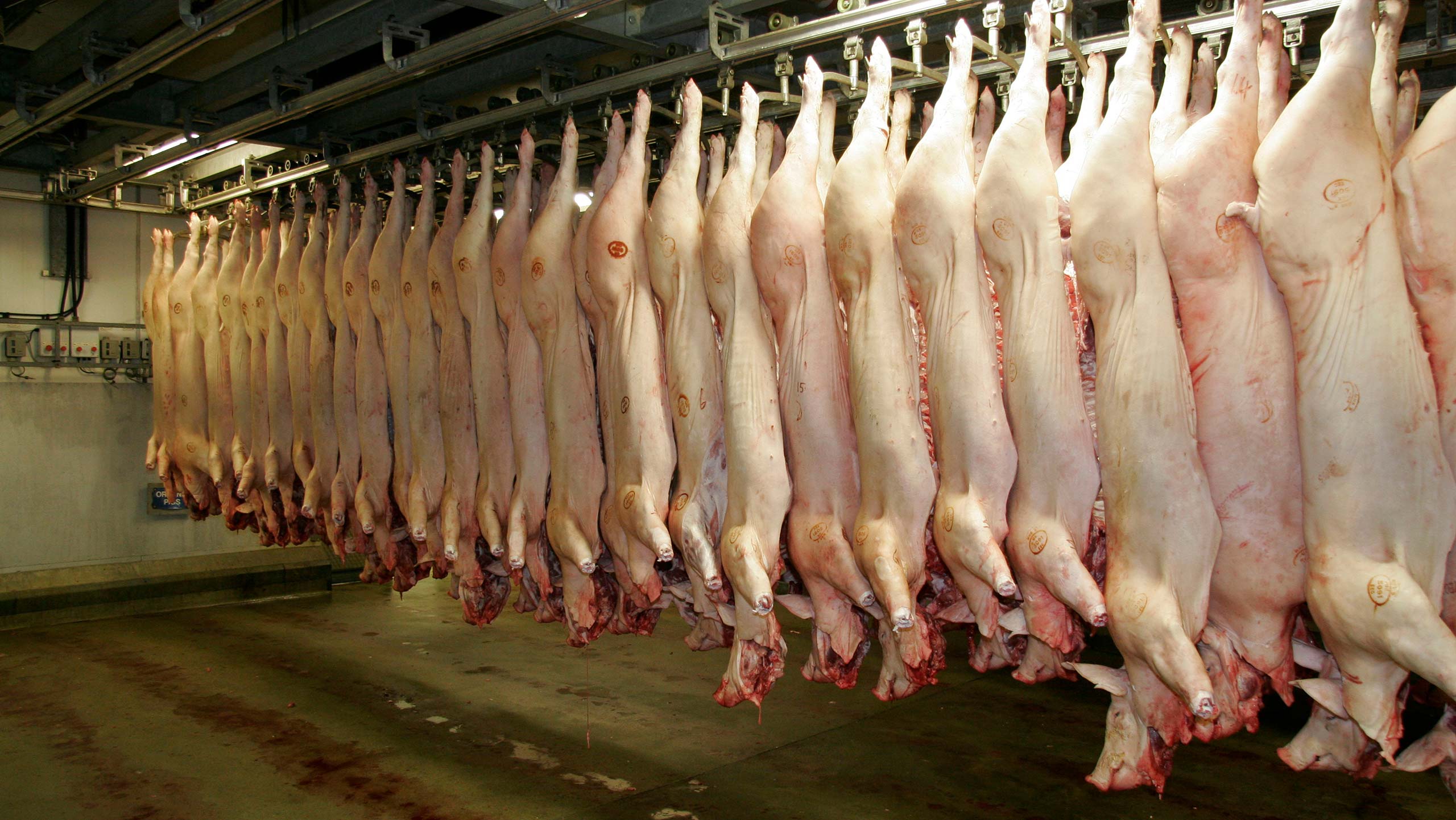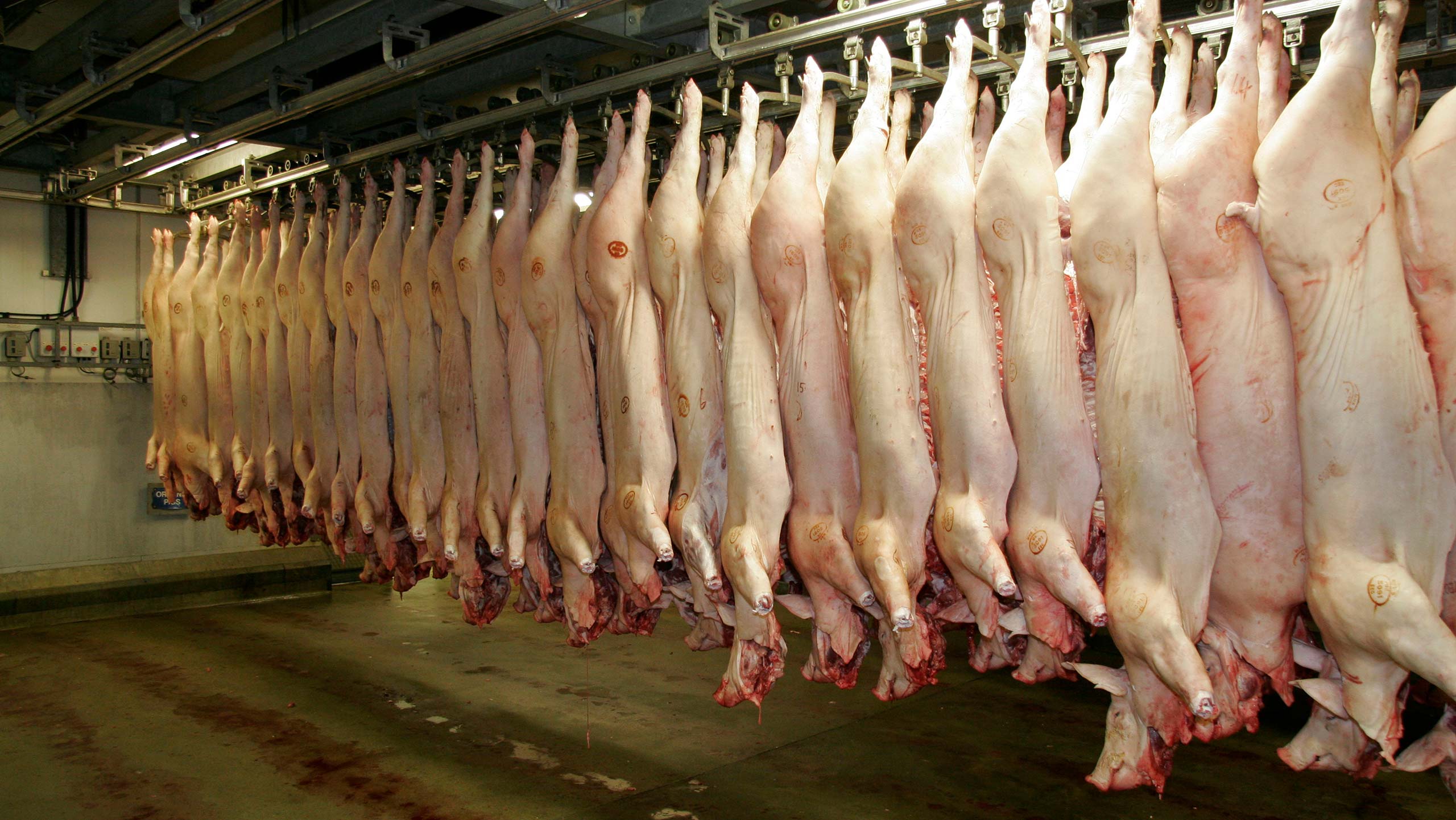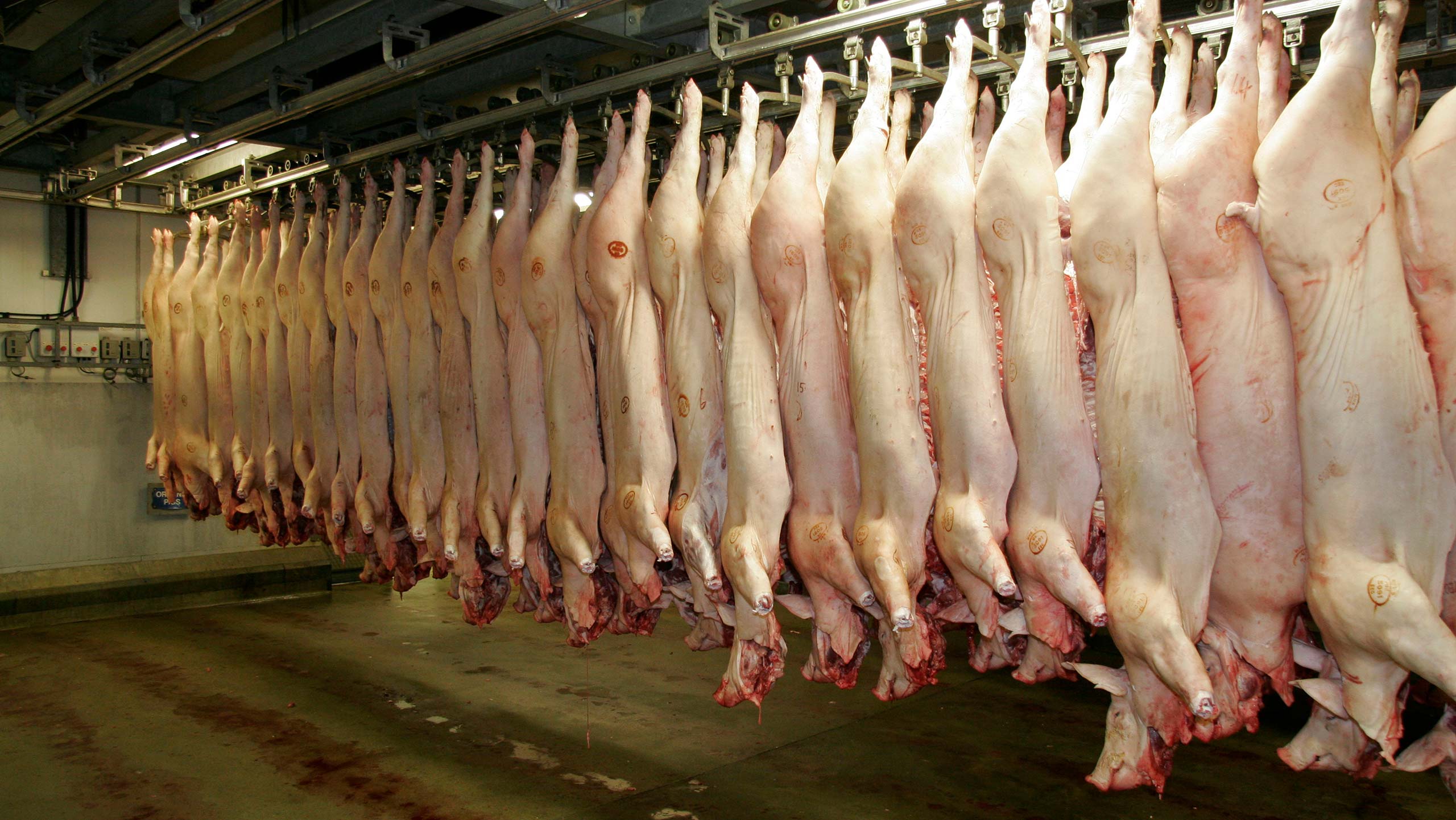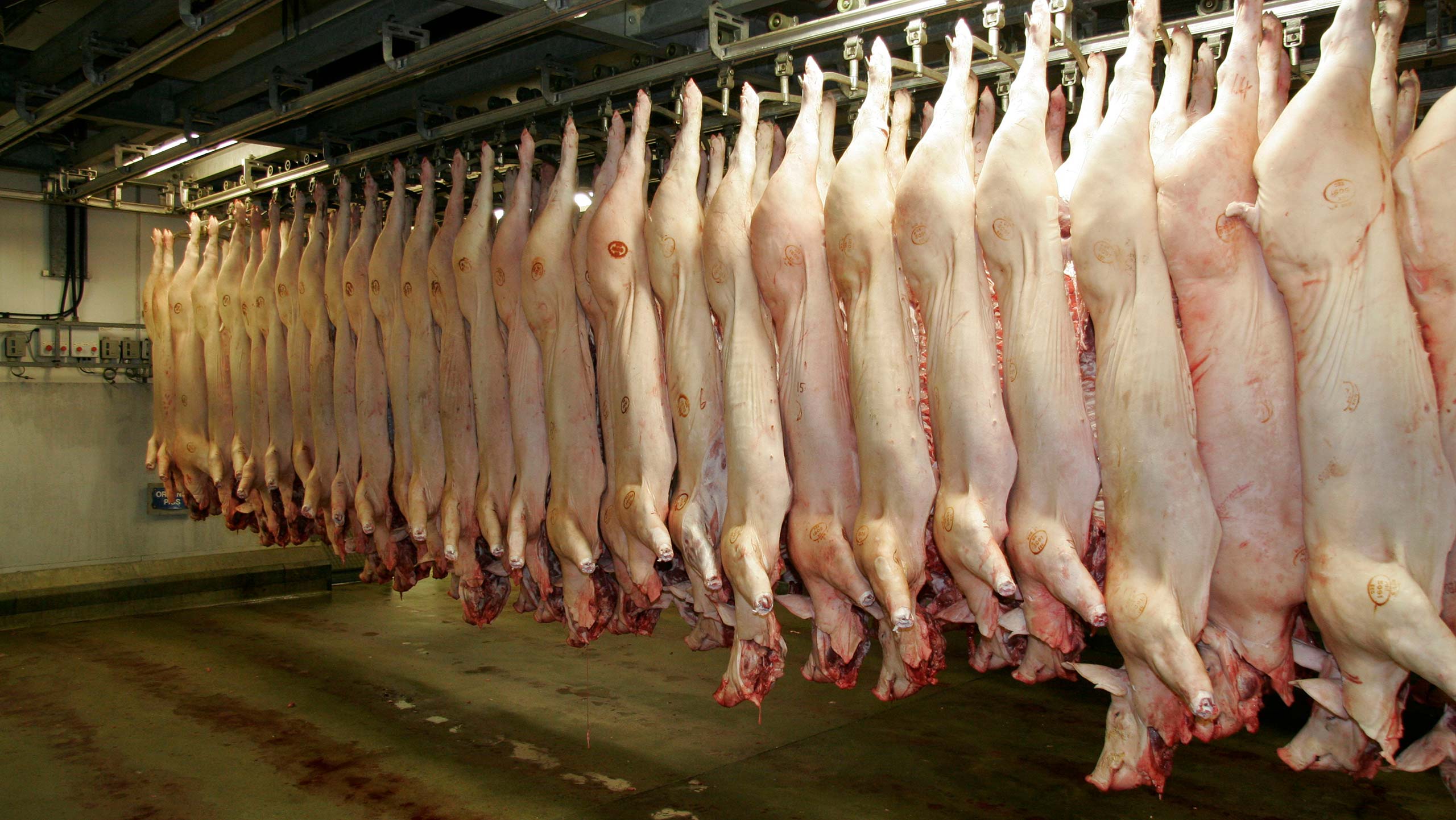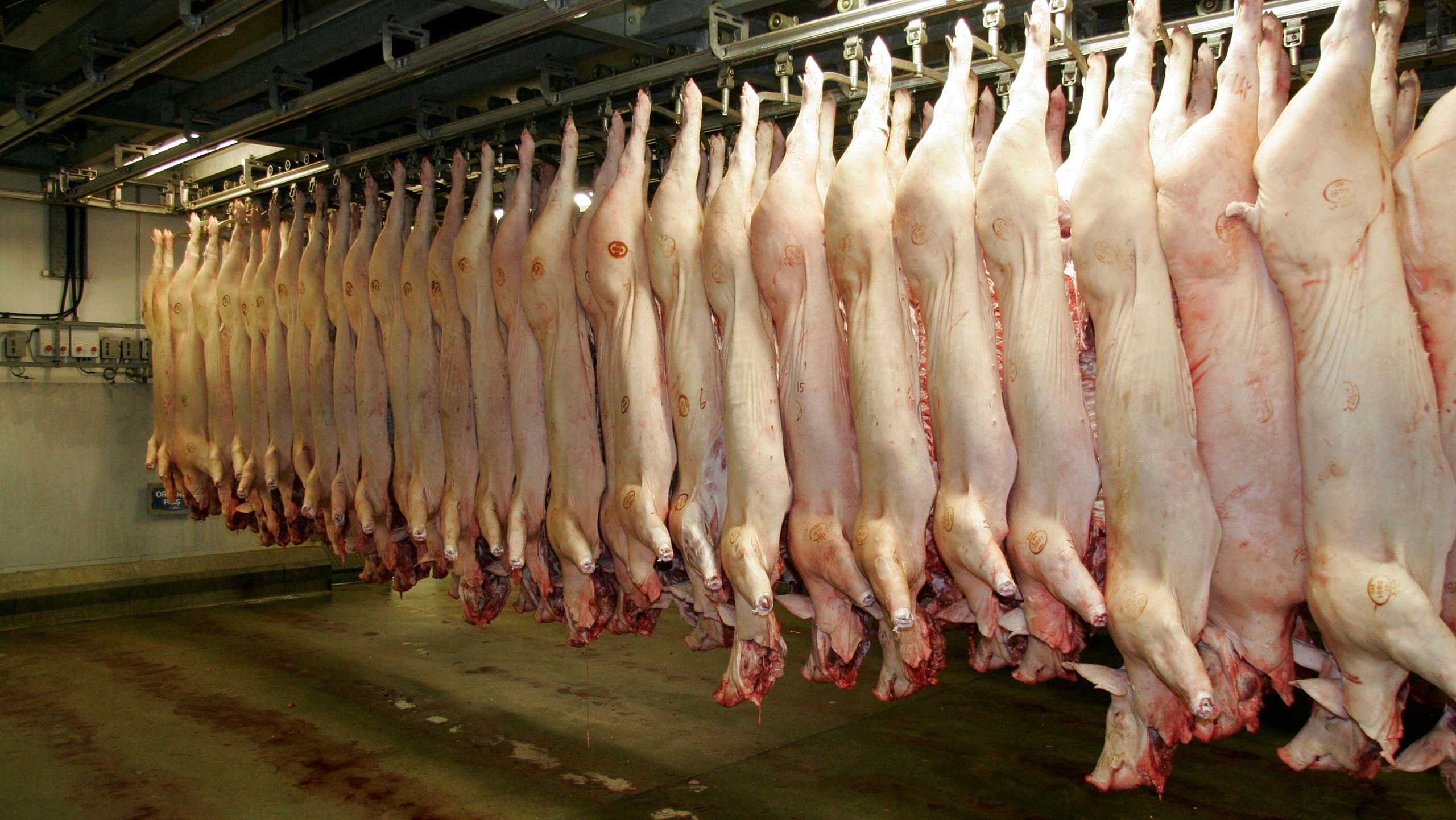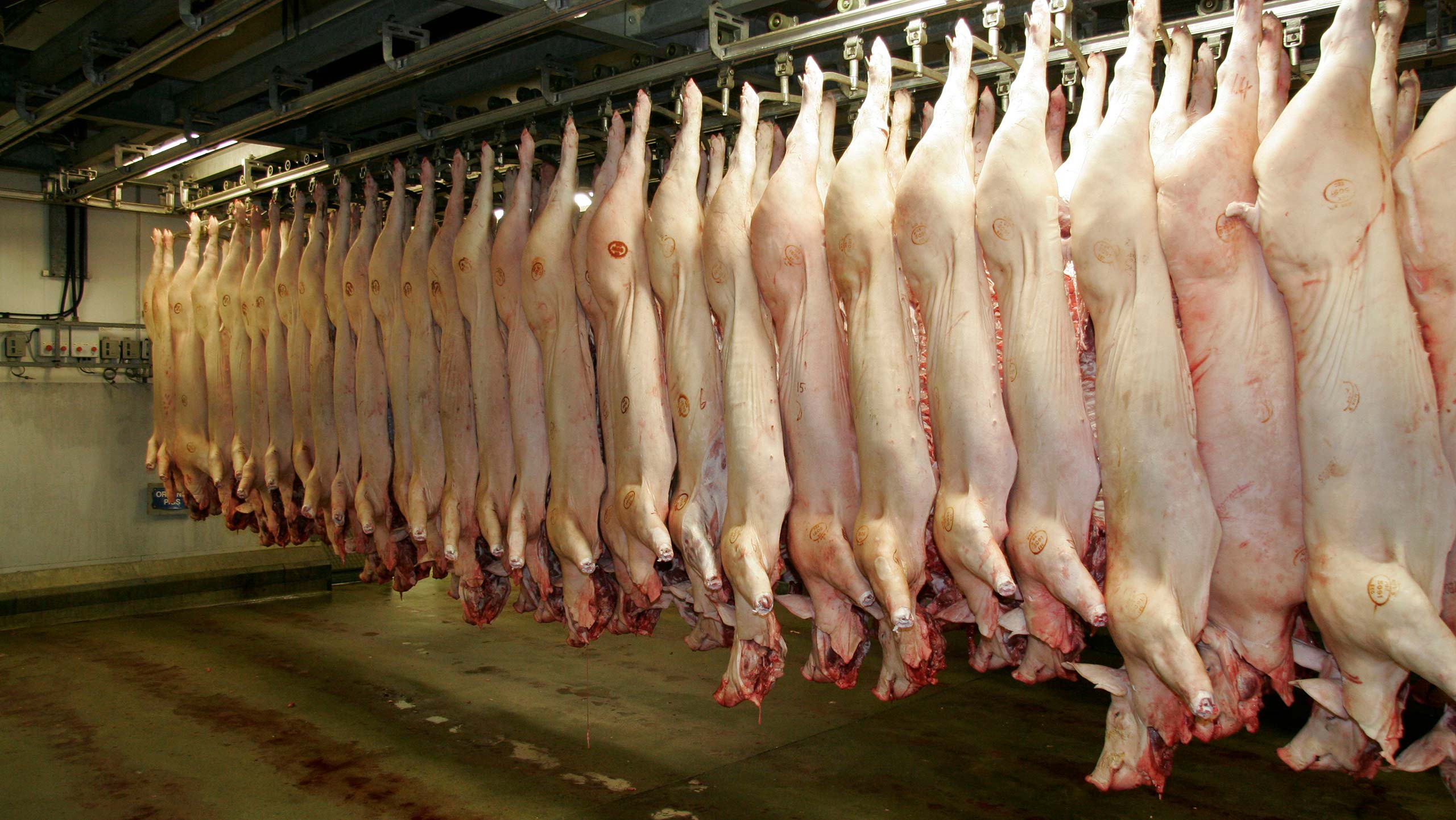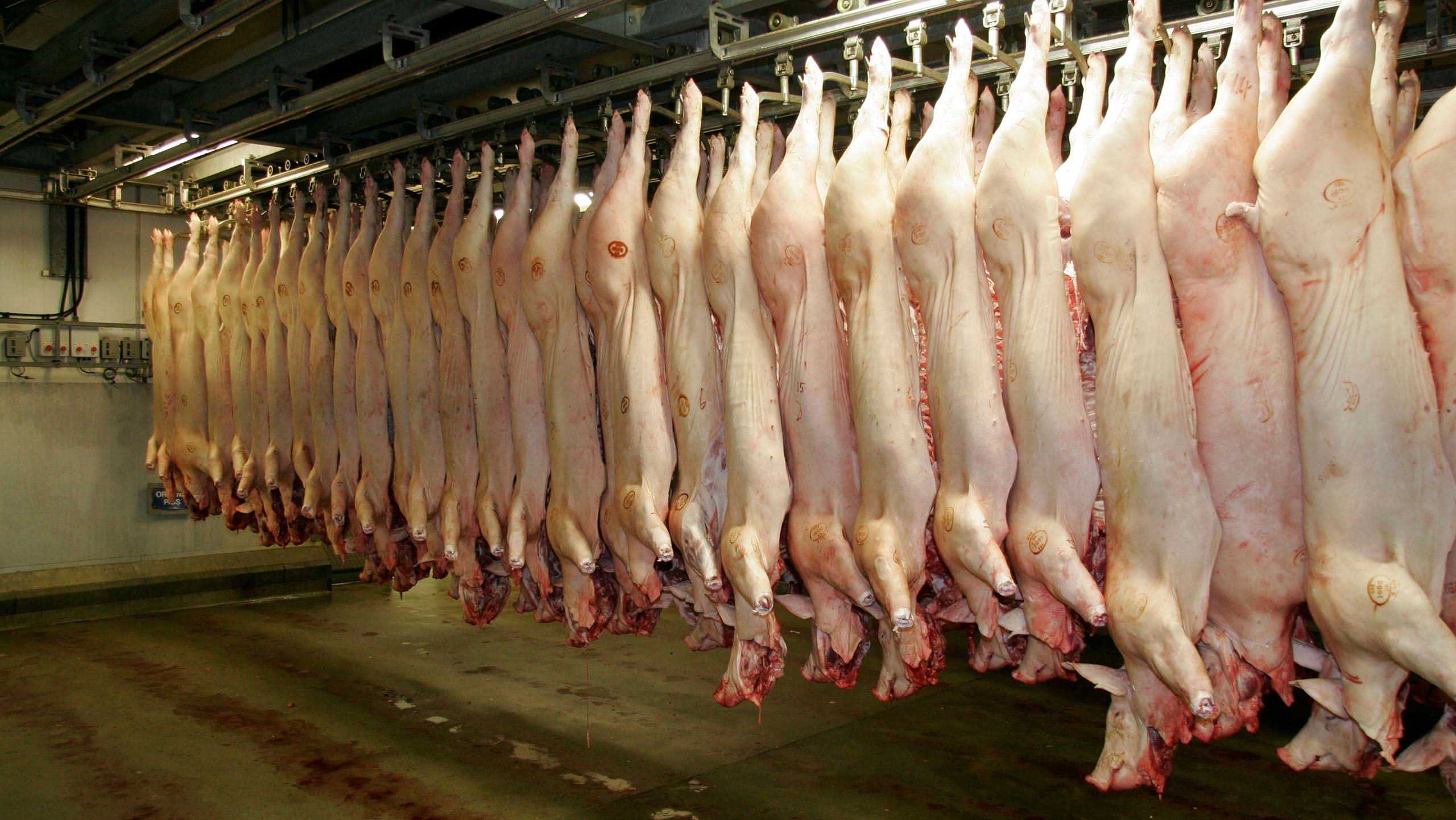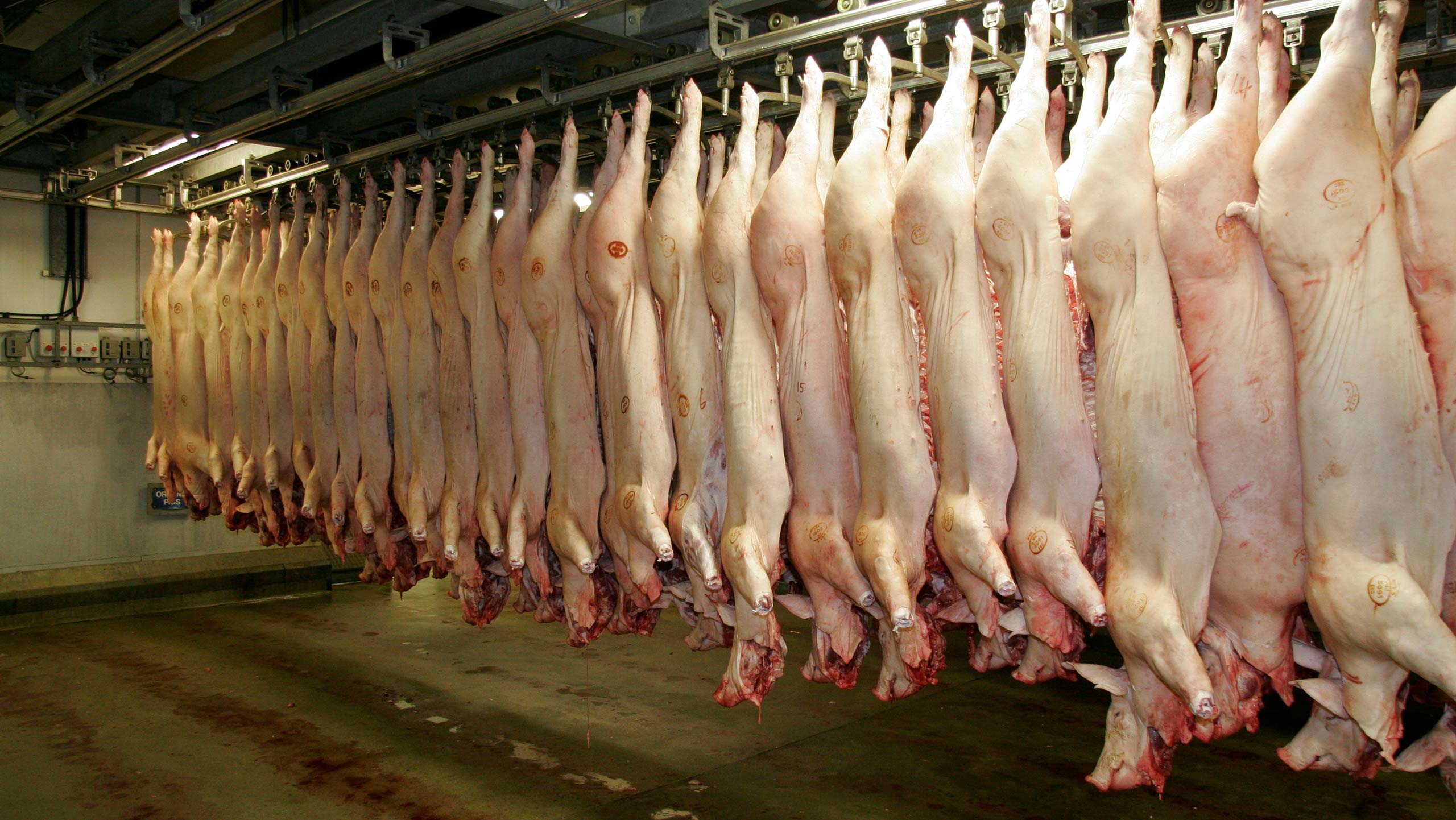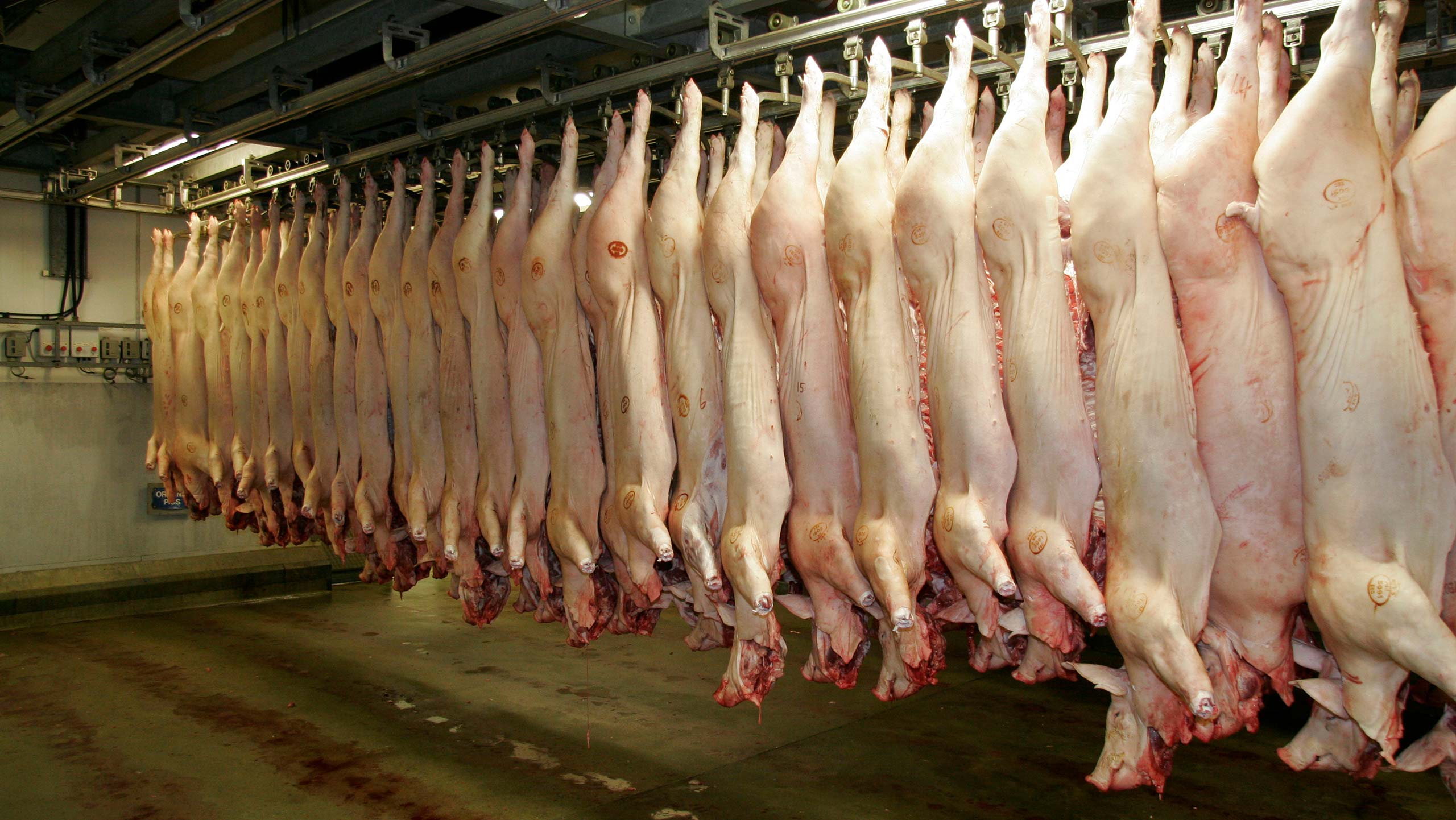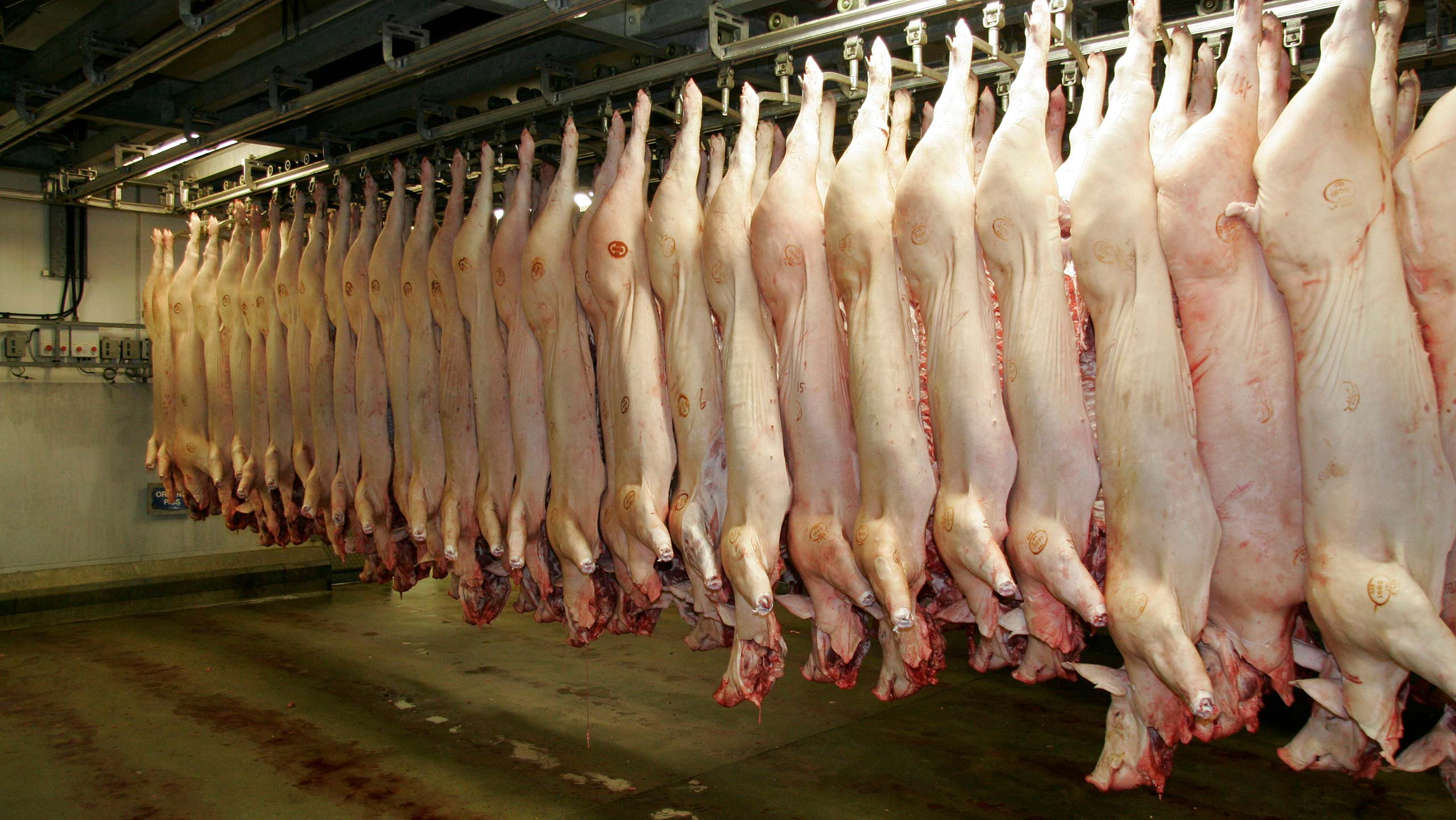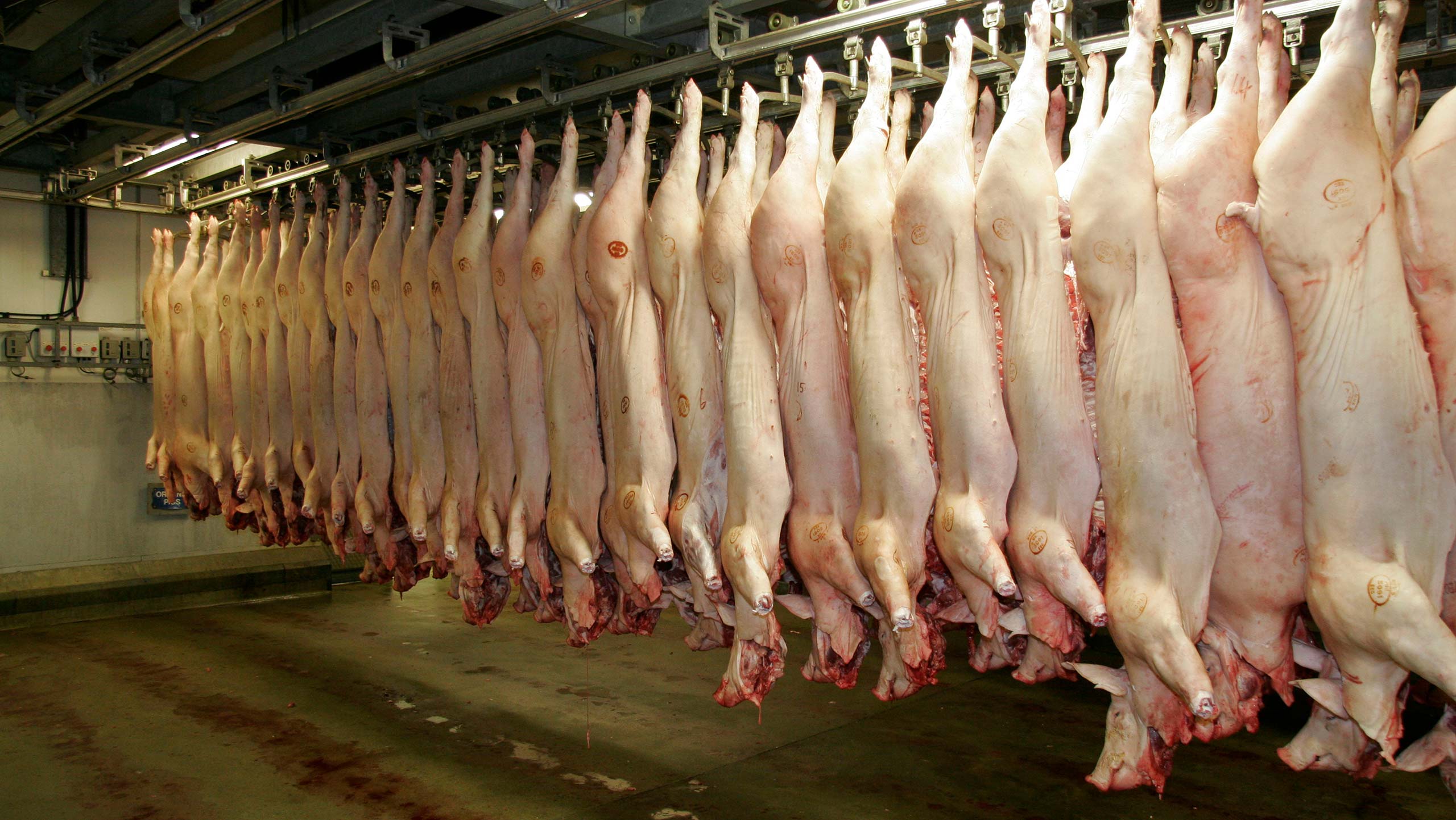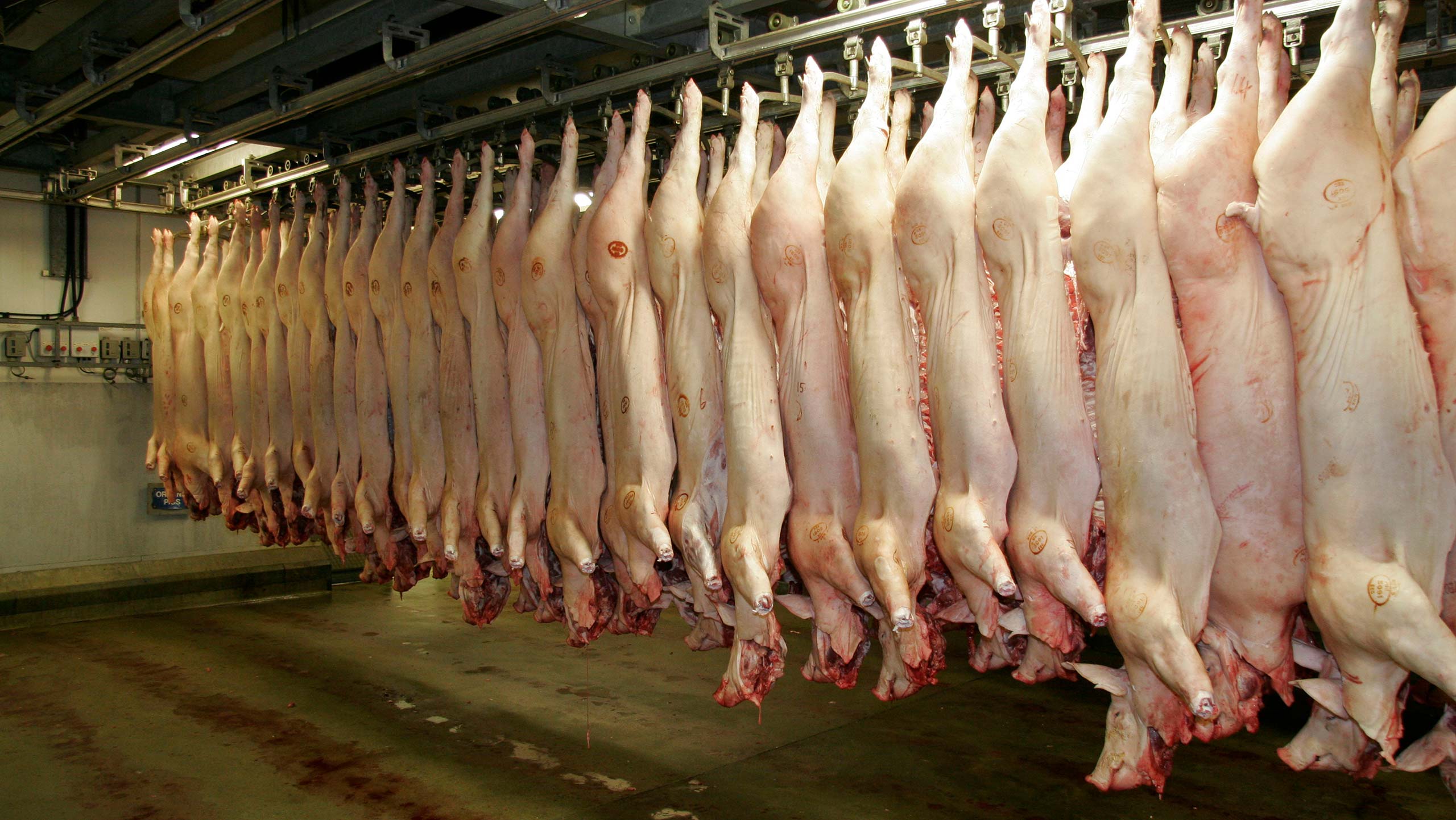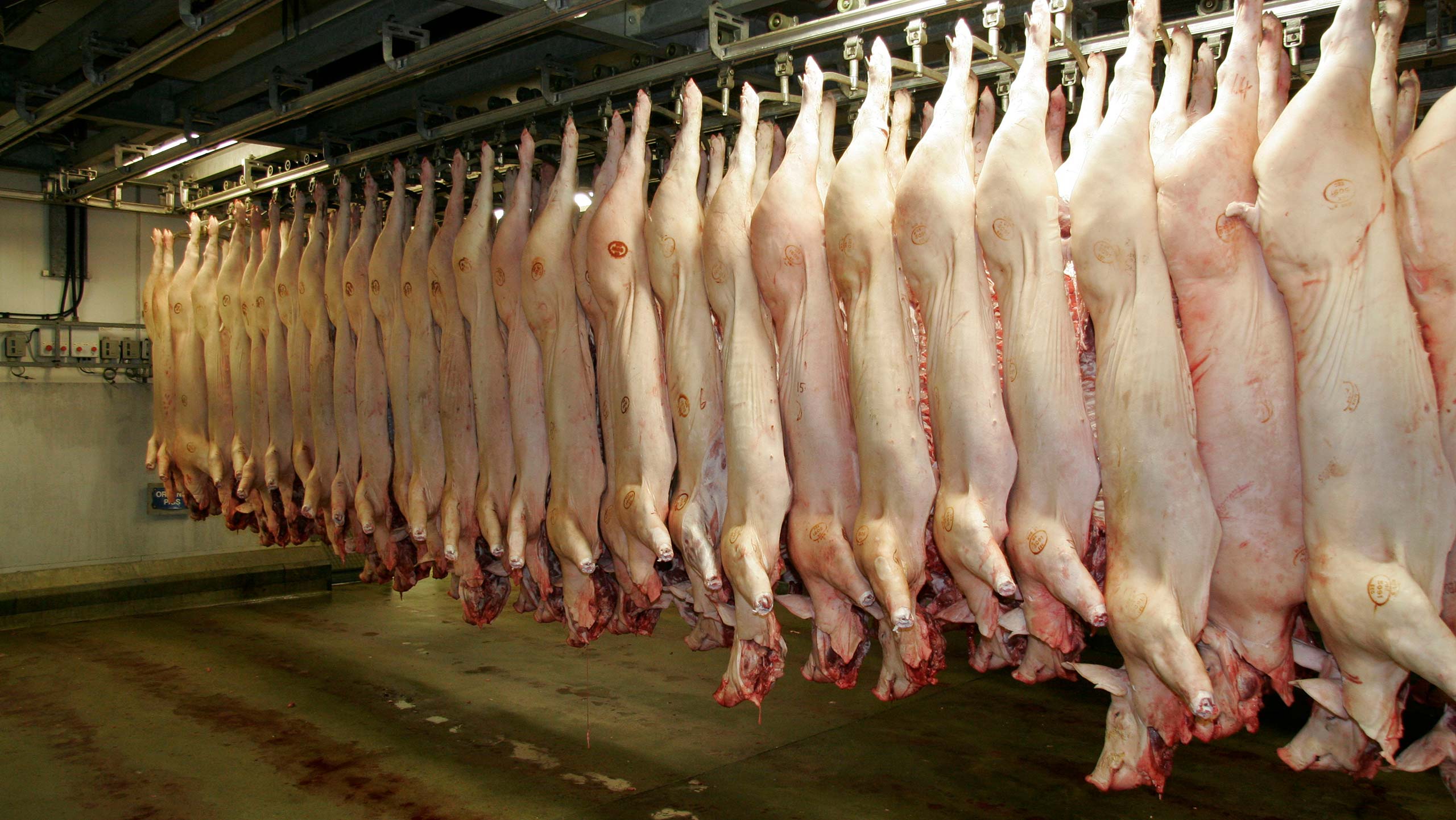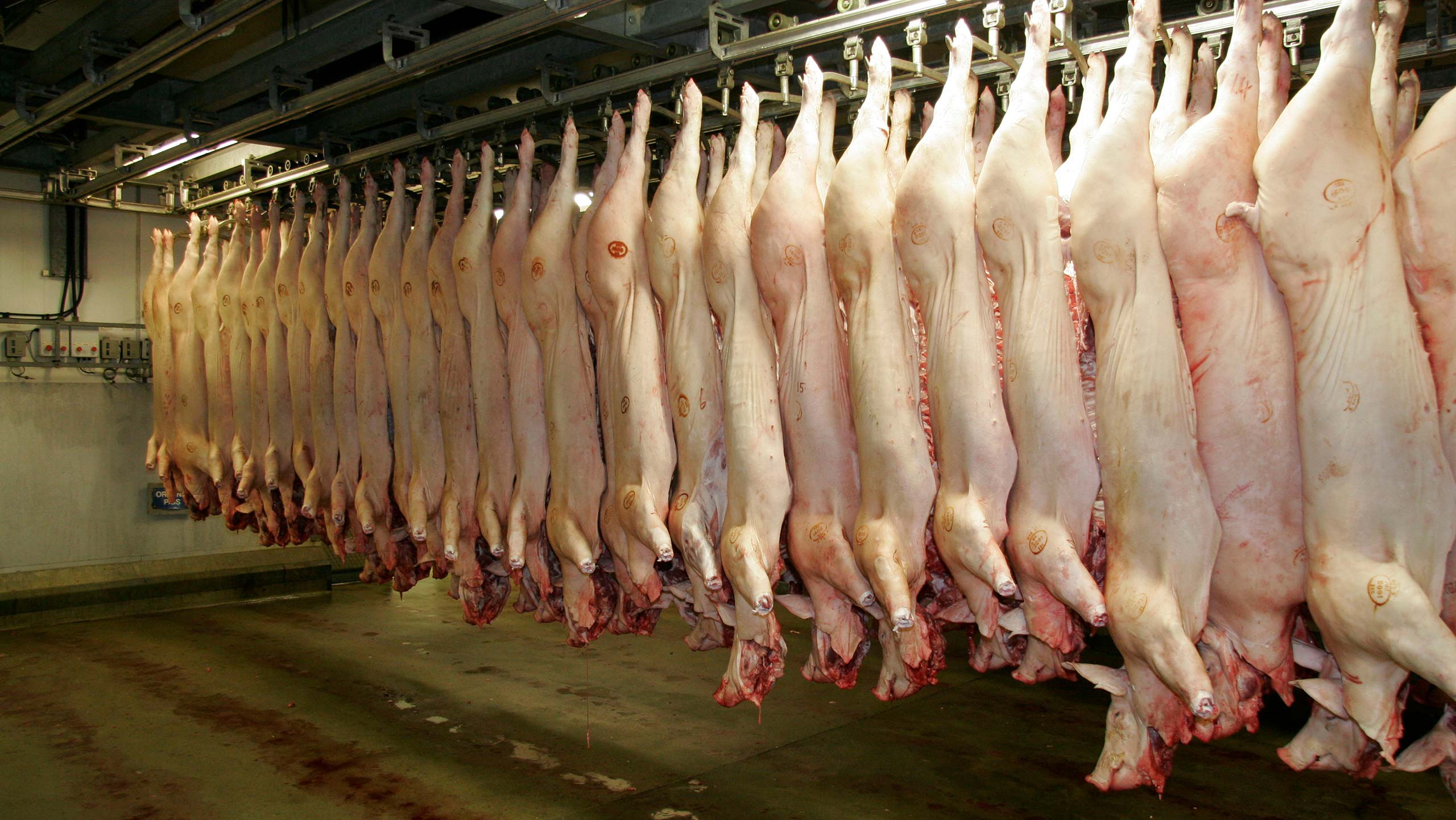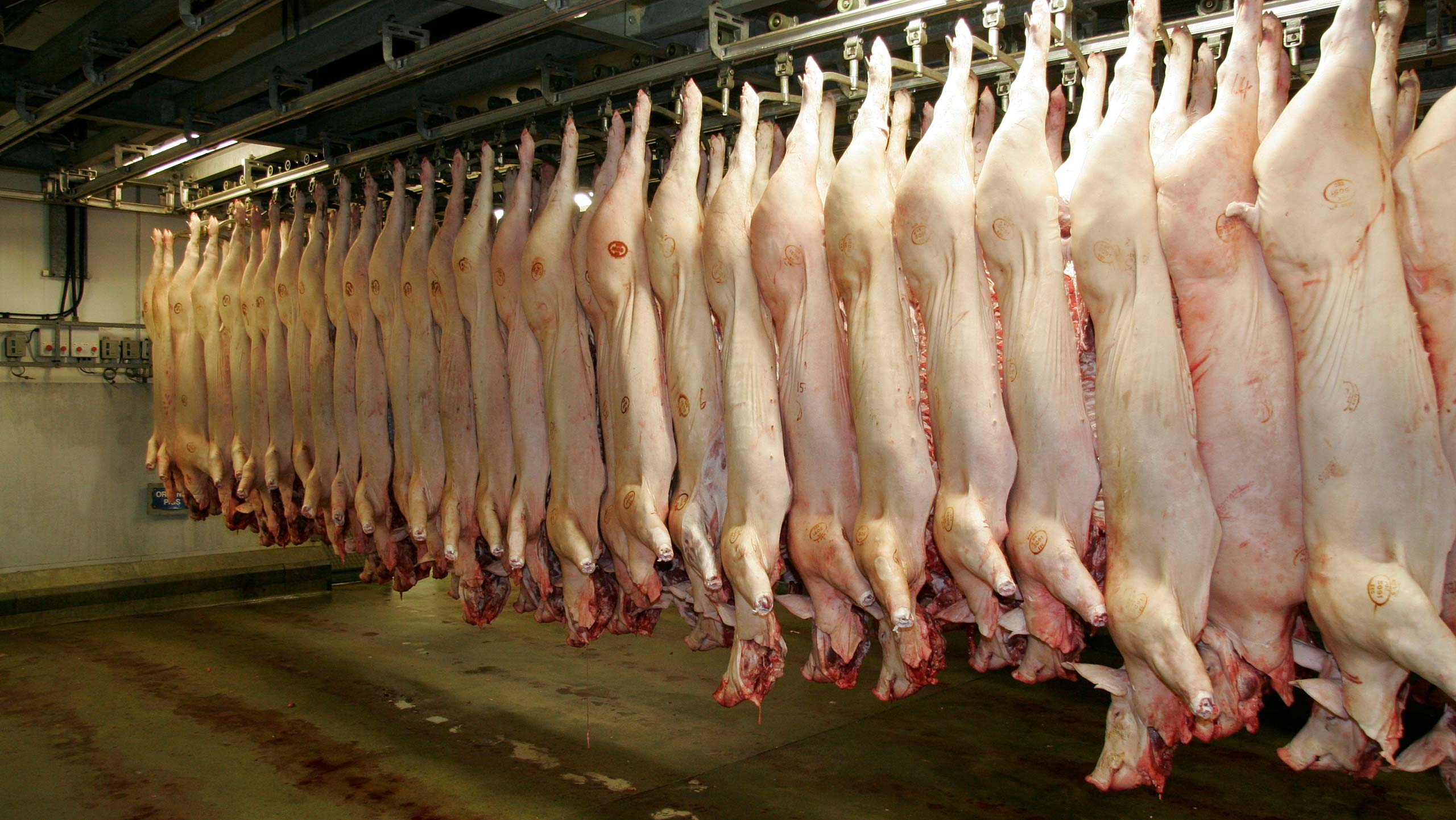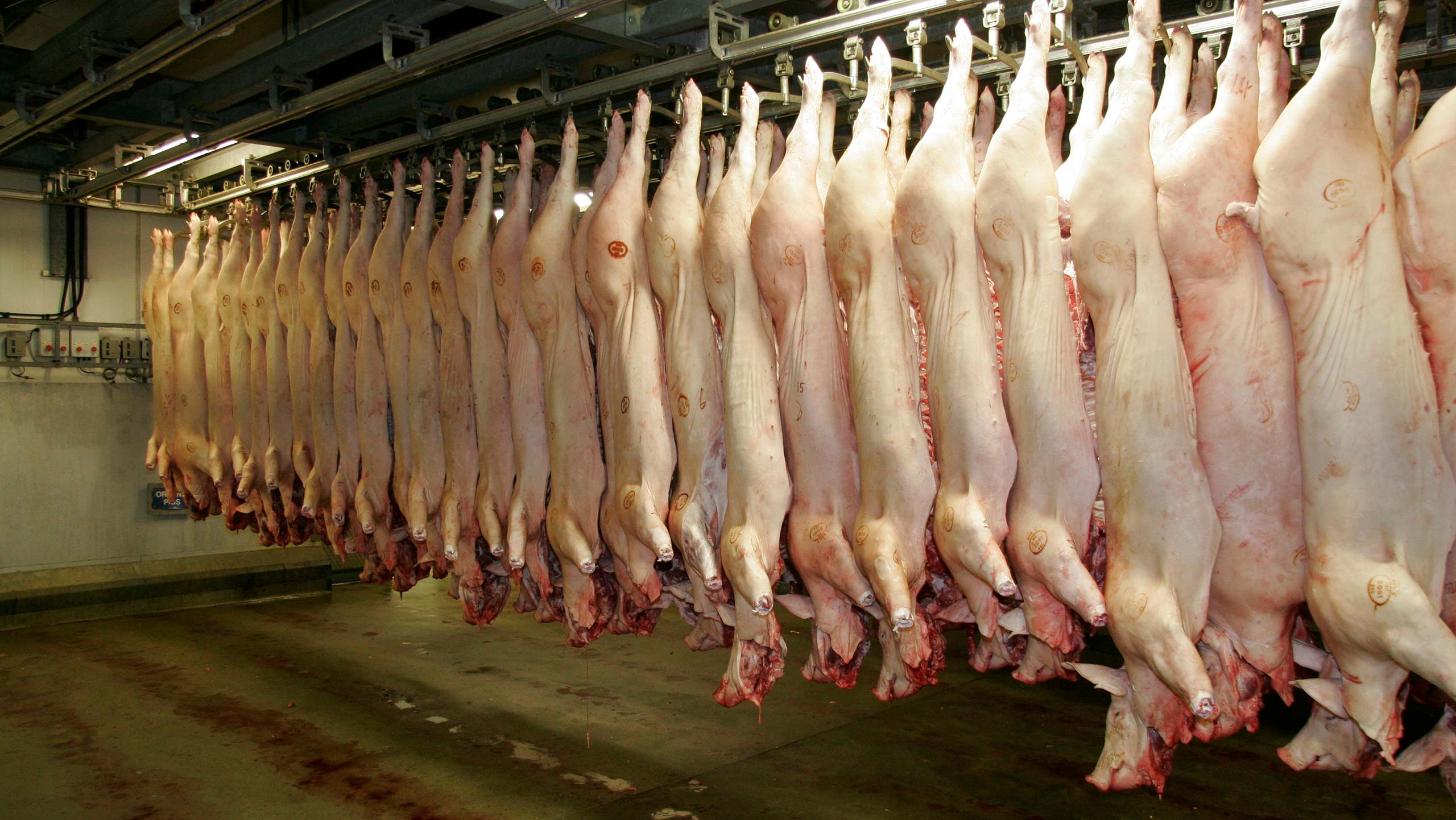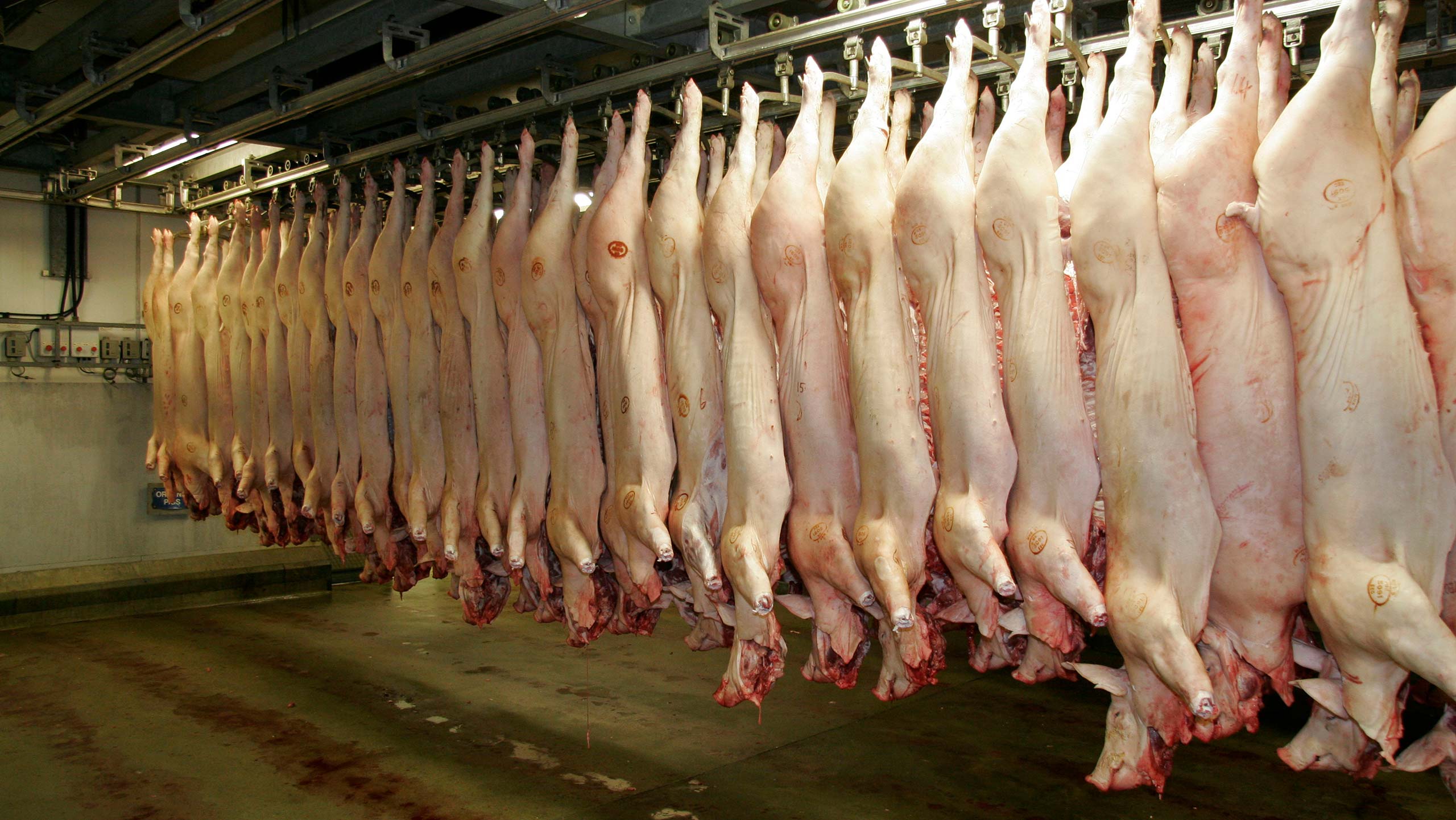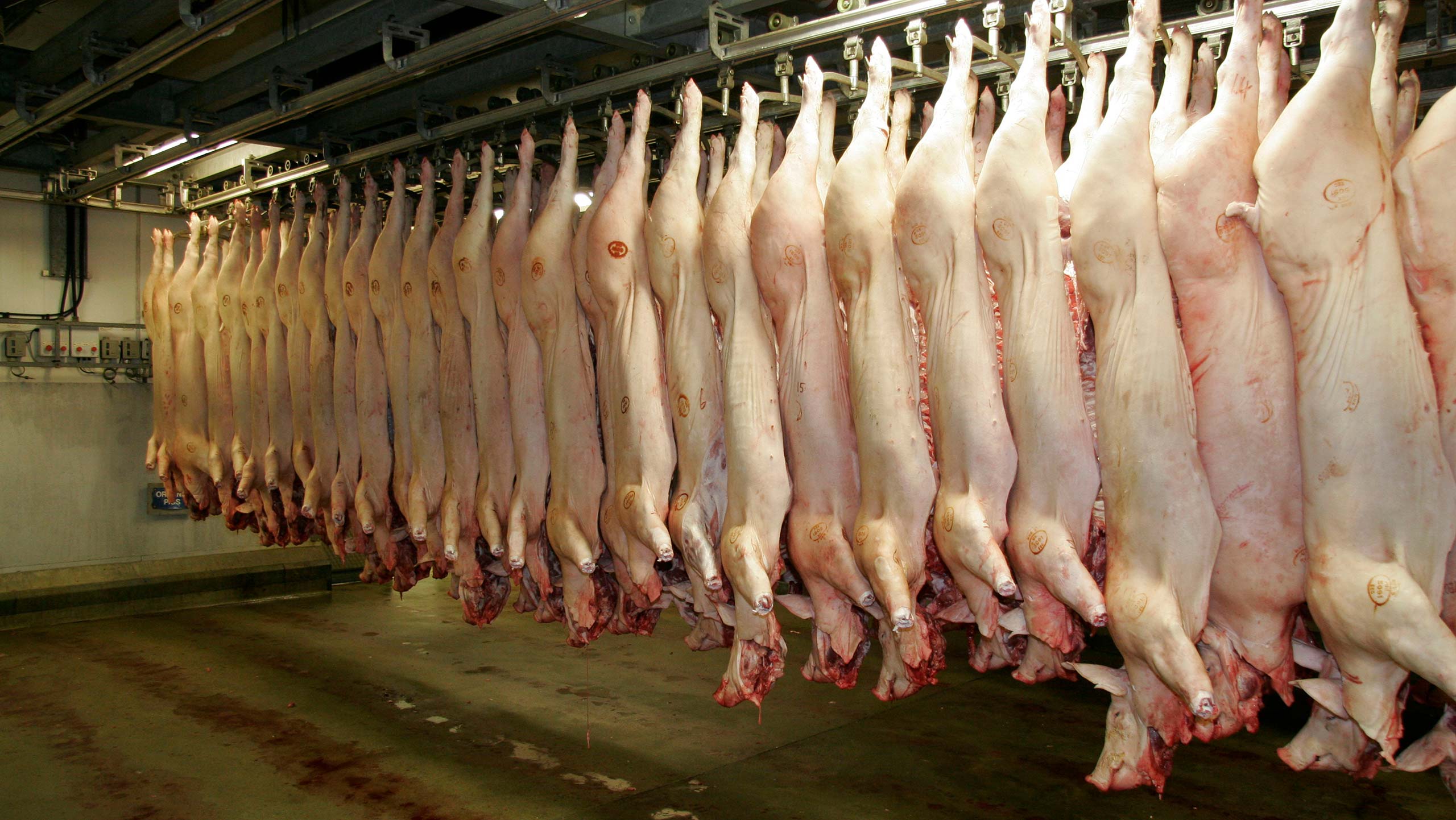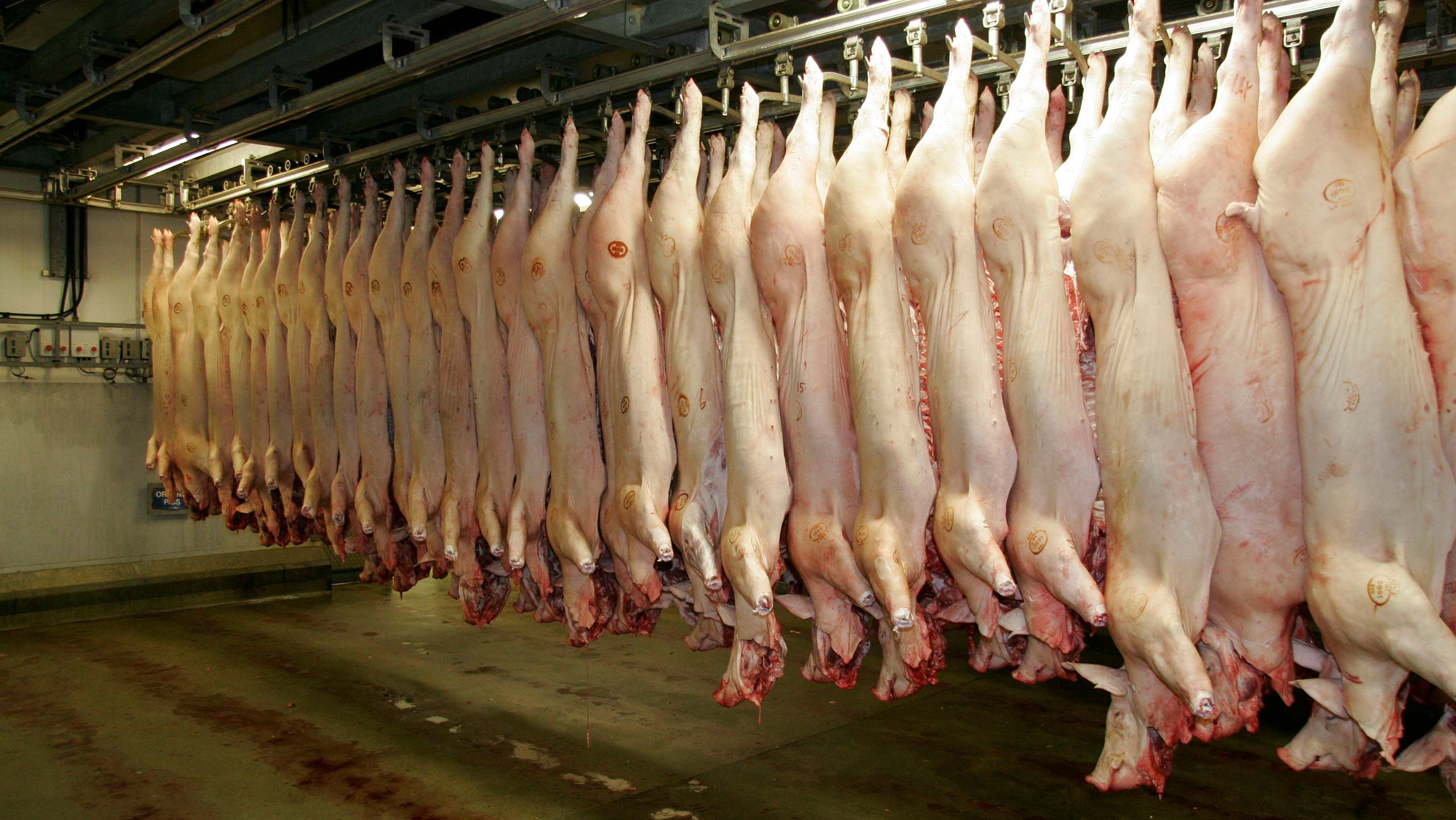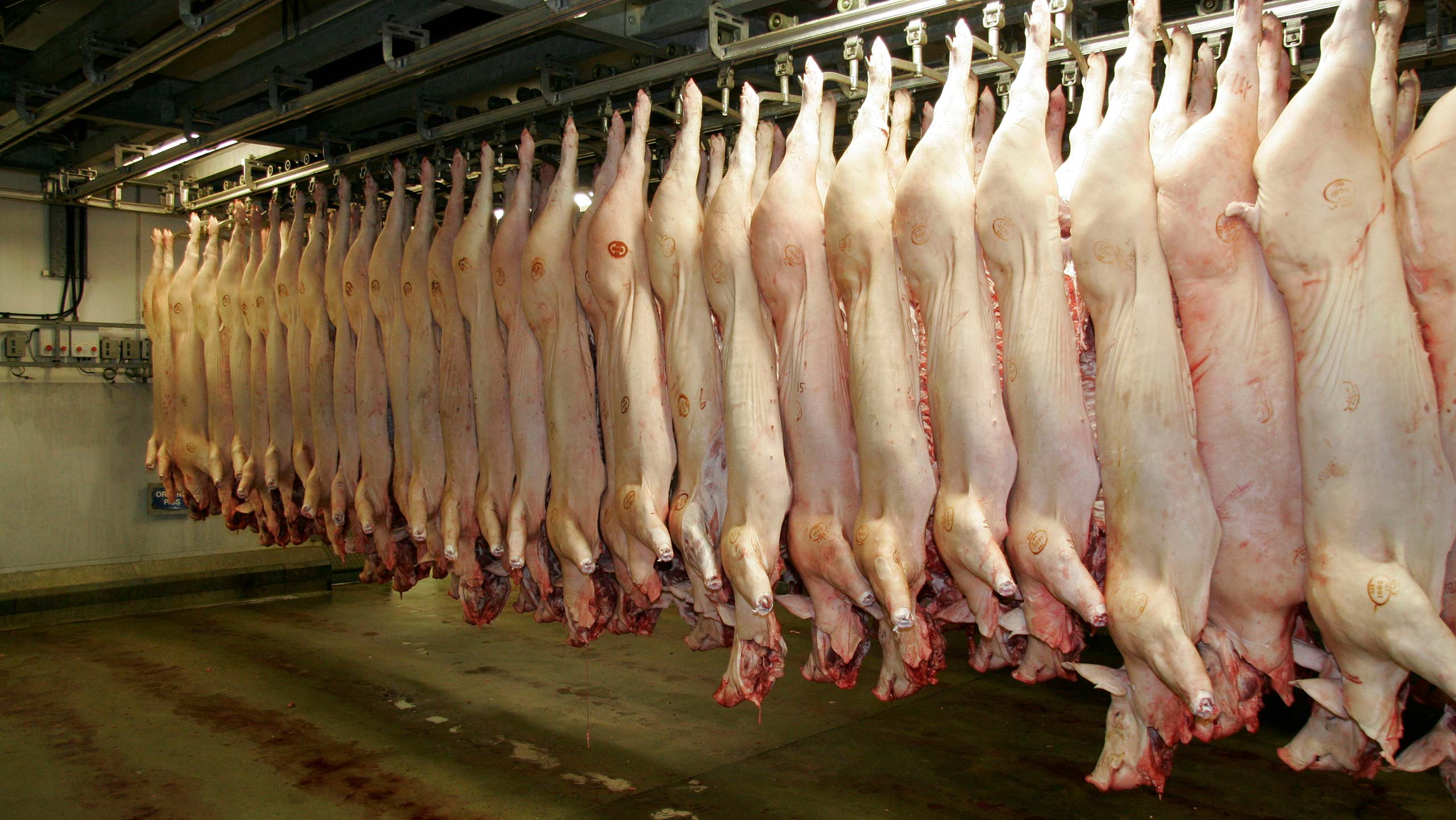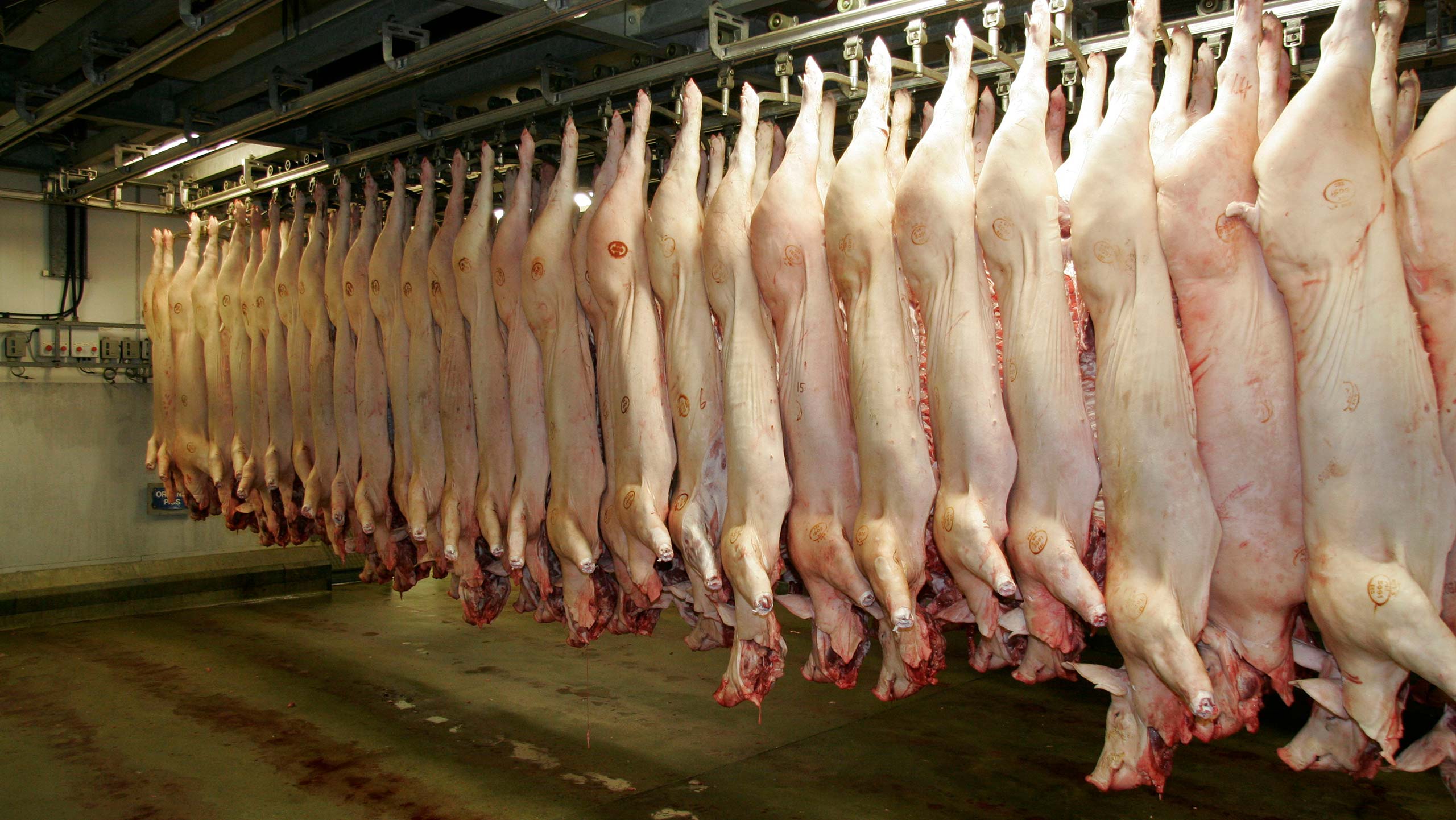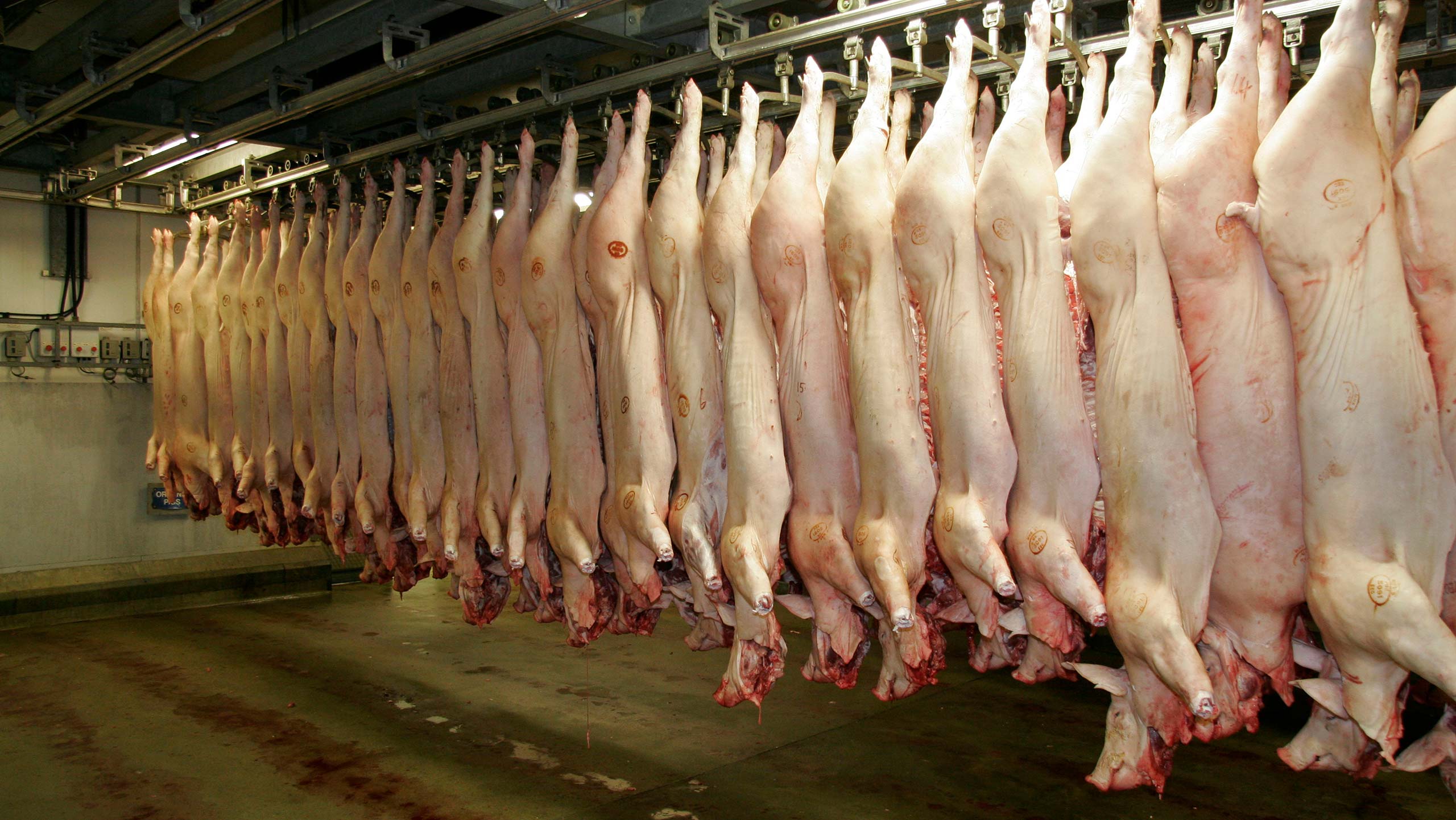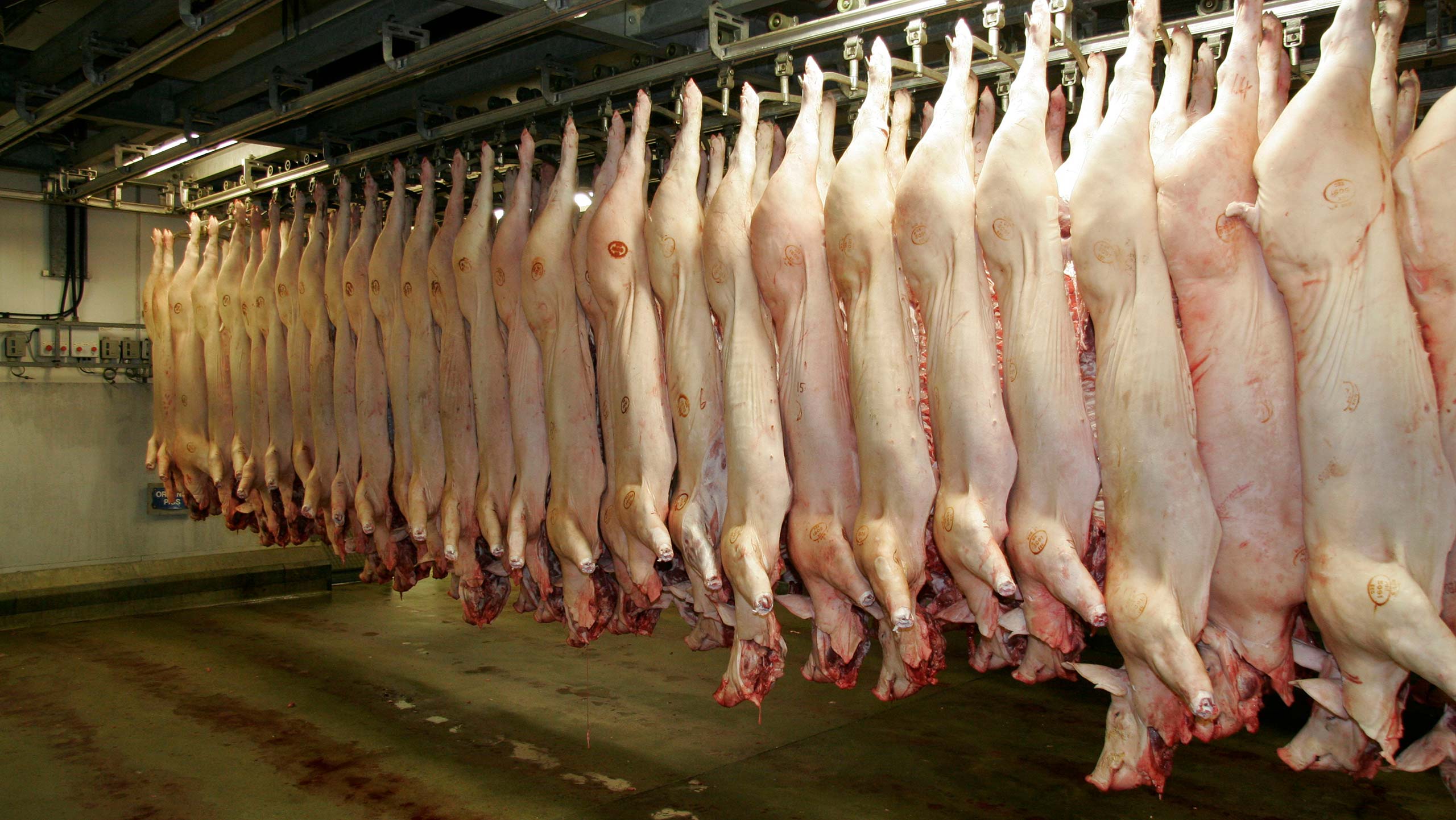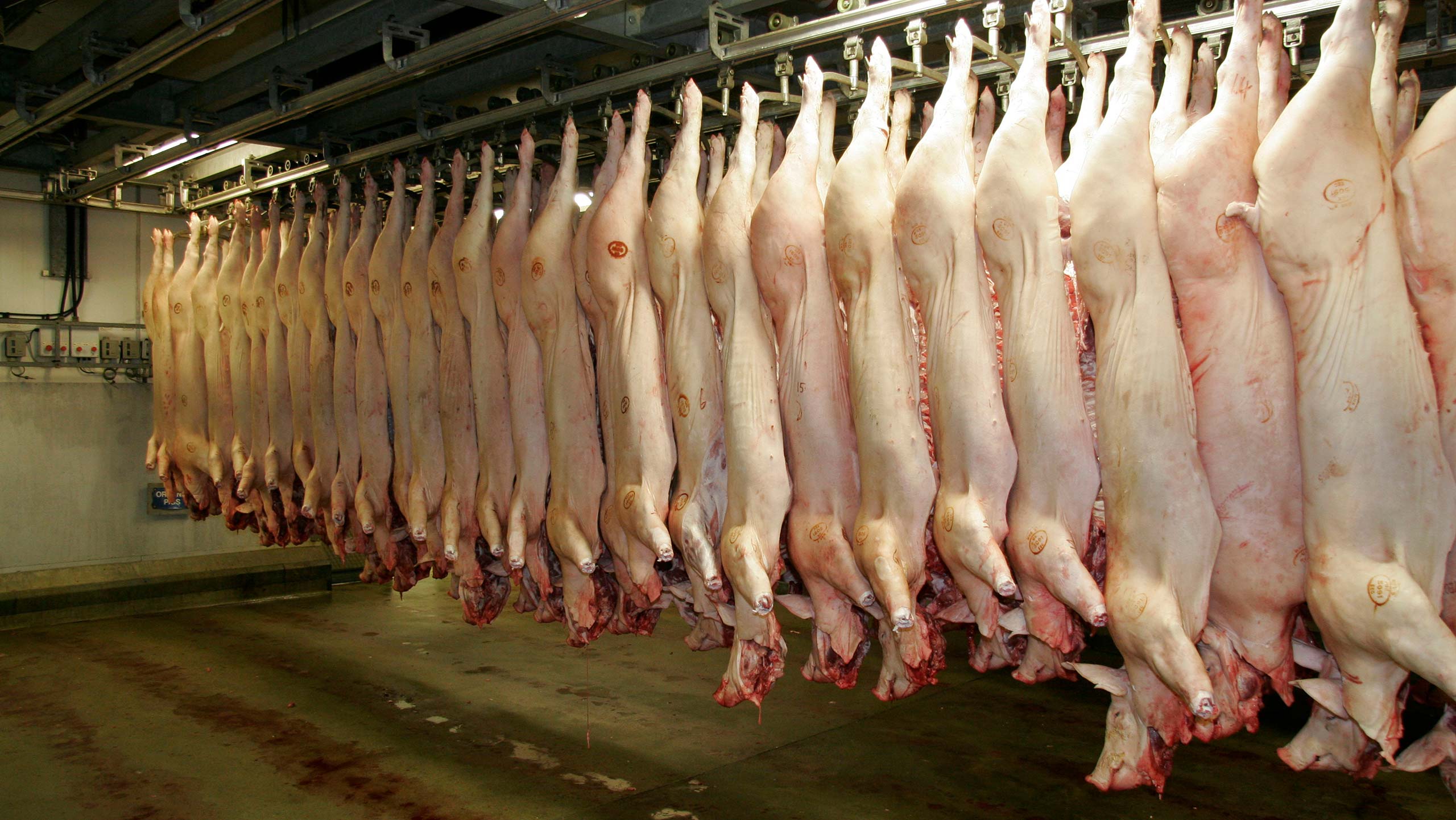When operating an abattoir, maintaining precise temperature control throughout your cold storage facilities isn't just about f…
Abattoir Regulatory Compliance Insurance: Essential Protection for Meat Processing Facilities
Introduction
Operating an abattoir involves navigating one of the most heavily regulated industries in the UK. From Food Standards Agency inspections to environmental health compliance, meat processing facilities face constant scrutiny and potential regulatory action. A single compliance failure can result in costly shutdowns, legal proceedings, and significant financial losses. Abattoir Regulatory Compliance Insurance provides essential protection against these regulatory risks, offering financial security and expert support when compliance issues arise.
Understanding Abattoir Regulatory Requirements
Food Standards Agency (FSA) Regulations
Abattoirs must comply with strict FSA regulations covering animal welfare, hygiene standards, HACCP implementation, and meat inspection procedures. Non-compliance can result in immediate closure orders, prosecution, and substantial penalties.
Environmental Health Standards
Local authority environmental health departments monitor waste management, water quality, air emissions, and noise levels. Violations can lead to enforcement notices, improvement orders, and potential criminal charges.
Animal Welfare Compliance
The Animal Welfare Act 2006 and associated regulations require strict adherence to humane slaughter practices, proper handling procedures, and veterinary oversight. Breaches can result in license suspension and criminal prosecution.
Health and Safety Regulations
COSHH regulations, machinery safety standards, and workplace health requirements create additional compliance obligations with serious consequences for non-adherence.
What Is Abattoir Regulatory Compliance Insurance?
Abattoir Regulatory Compliance Insurance is specialized coverage designed to protect meat processing facilities against the financial consequences of regulatory enforcement action. This insurance provides comprehensive support for compliance-related incidents, from initial investigations through to final resolution.
Core Coverage Components
Investigation Costs Coverage
- Legal representation during regulatory investigations
- Expert witness fees and technical assessments
- Document preparation and compliance audits
- Administrative costs during enforcement proceedings
Defense Cost Protection
- Solicitor and barrister fees for regulatory prosecutions
- Court costs and legal expenses
- Appeal procedure costs
- Expert testimony and technical defense
Penalty and Fine Coverage
- Regulatory fines and monetary penalties
- Court-imposed financial sanctions
- Administrative penalty payments
- Compensation orders where applicable
Business Interruption Support
- Lost revenue during enforced closures
- Additional operating costs during compliance rectification
- Alternative facility rental costs
- Staff retention expenses during shutdowns
Industry-Specific Risks for Abattoirs
HACCP System Failures
Hazard Analysis Critical Control Points system breakdowns can trigger immediate regulatory intervention, requiring comprehensive review and rectification of food safety procedures.
Cross-Contamination Incidents
Bacterial contamination events can result in product recalls, facility closures, and extensive regulatory investigation with significant financial implications.
Animal Welfare Violations
Improper handling or slaughter procedures can lead to immediate license suspension, criminal charges, and permanent facility closure in severe cases.
Environmental Compliance Breaches
Waste discharge violations, air quality breaches, or noise complaints can result in enforcement action requiring costly remediation and ongoing monitoring.
Documentation and Record-Keeping Failures
Inadequate record-keeping can trigger comprehensive audits and enforcement action even when operational practices are satisfactory.
Benefits of Specialized Compliance Insurance
Immediate Legal Support
Access to regulatory law specialists with specific abattoir industry experience ensures appropriate representation from the outset of any compliance issue.
Financial Protection
Comprehensive coverage for investigation costs, legal fees, and penalties protects business cash flow during extended regulatory proceedings.
Expert Technical Assistance
Access to food safety consultants, veterinary specialists, and compliance experts helps address underlying issues and prevent future violations.
Business Continuity Support
Coverage for business interruption costs and alternative arrangements helps maintain operations and preserve customer relationships during compliance issues.
Reputation Management
Professional support for managing public relations and stakeholder communication during regulatory investigations helps protect long-term business reputation.
The Claims Process
Initial Incident Reporting
Immediate notification requirements ensure rapid deployment of legal and technical support when regulatory issues arise.
Investigation Phase Support
Comprehensive support during regulatory investigations includes legal representation, technical assessments, and compliance auditing.
Defense Coordination
Coordinated defense strategy development with specialist regulatory lawyers and industry experts ensures optimal case management.
Resolution and Recovery
Support for implementing corrective measures, staff retraining, and business recovery following regulatory resolution.
Choosing the Right Coverage Level
Small-Scale Abattoirs
Local facilities processing limited volumes may require basic coverage focusing on FSA compliance and animal welfare protection.
Regional Processing Facilities
Medium-scale operations need comprehensive coverage including environmental compliance, expanded business interruption protection, and higher penalty limits.
Large Commercial Abattoirs
Major facilities require maximum coverage limits, multi-jurisdiction protection, and specialized support for complex regulatory environments.
Organic and Specialty Processors
Facilities with organic certification or specialty processing requirements need coverage for additional regulatory standards and certification body compliance.
Cost Factors and Considerations
Facility Size and Throughput
Larger facilities with higher processing volumes typically face higher premiums due to increased regulatory exposure and potential penalty levels.
Compliance History
Previous regulatory issues or enforcement action can impact premium costs and coverage availability.
Risk Management Measures
Robust compliance systems, regular auditing, and proactive risk management can help reduce insurance costs.
Geographic Location
Local authority enforcement practices and environmental sensitivity can influence premium calculations.
Prevention and Risk Management
Regular Compliance Auditing
Scheduled internal audits and third-party assessments help identify potential issues before they trigger regulatory attention.
Staff Training Programs
Comprehensive training on regulatory requirements, animal welfare standards, and emergency procedures reduces the likelihood of compliance failures.
Documentation Systems
Robust record-keeping systems and documentation procedures provide essential evidence of compliance efforts during investigations.
Supplier and Contractor Management
Ensuring all suppliers and contractors meet regulatory standards prevents compliance issues arising from third-party activities.
Regulatory Landscape Changes
Brexit Impact
Post-Brexit regulatory changes continue to evolve, requiring ongoing attention to new requirements and compliance obligations.
Environmental Standards Evolution
Increasing environmental scrutiny and climate change considerations are driving new regulatory requirements for waste management and emissions control.
Animal Welfare Enhancement
Ongoing development of animal welfare standards requires continuous adaptation of procedures and facilities.
Technology Integration Requirements
Digital traceability systems and electronic record-keeping requirements are becoming increasingly mandatory across the industry.
Working with Insurance Providers
Specialist Knowledge Requirements
Choose insurers with specific abattoir industry experience and understanding of regulatory compliance challenges.
Claims Handling Expertise
Ensure your insurer has established relationships with regulatory law specialists and industry technical experts.
Policy Flexibility
Look for coverage that can adapt to changing regulatory requirements and business development needs.
Support Services
Consider insurers offering proactive compliance support, training resources, and risk management assistance.
Frequently Asked Questions
Q: Does this insurance cover all types of regulatory enforcement action?
A: Coverage typically includes FSA, environmental health, animal welfare, and health and safety enforcement, but specific coverage should be confirmed with your insurer.
Q: Are there coverage limits for penalty payments?
A: Most policies include specific limits for fines and penalties, with higher limits available for larger facilities or higher-risk operations.
Q: Does coverage apply to criminal prosecutions?
A: Many policies include defense cost coverage for criminal prosecutions, but coverage for criminal fines may be limited or excluded depending on the jurisdiction.
Q: Can coverage be extended to include product recall costs?
A: Product recall coverage is typically available as an additional extension to standard regulatory compliance policies.
Q: How quickly can legal support be accessed after an incident?
A: Most specialist policies provide 24/7 access to emergency legal support for immediate regulatory issues.
Q: Does coverage apply to enforcement action against individual directors or managers?
A: Some policies can be extended to cover personal liability for directors and senior managers, but this requires specific arrangement.
Q: Are there exclusions for repeat violations?
A: Policies may exclude coverage for violations that repeat previous non-compliance issues, particularly where corrective action was not properly implemented.
Q: Can coverage be arranged for new facilities before they begin operations?
A: Pre-opening coverage can typically be arranged to protect against compliance issues during the licensing and approval process.
Q: Does the insurance cover costs of implementing corrective measures?
A: Some policies include coverage for reasonable costs of implementing required corrective measures, but this varies between insurers.
Q: How are premium costs calculated for abattoir compliance insurance?
A: Premiums are typically based on facility size, throughput volumes, compliance history, risk management measures, and required coverage limits.
Conclusion
Abattoir Regulatory Compliance Insurance represents essential protection for meat processing facilities operating in today's complex regulatory environment. The combination of comprehensive coverage, specialist legal support, and industry expertise provides crucial financial security and operational continuity when compliance issues arise.
The investment in appropriate compliance insurance coverage is minimal compared to the potential costs of regulatory enforcement action, business interruption, and reputation damage. For abattoir operators, this specialized insurance is not just prudent risk management – it's an essential component of sustainable business operation.
Contact Insure24 today on 0330 127 2333 to discuss your abattoir regulatory compliance insurance requirements and ensure your facility has appropriate protection against regulatory risks.


 0330 127 2333
0330 127 2333
